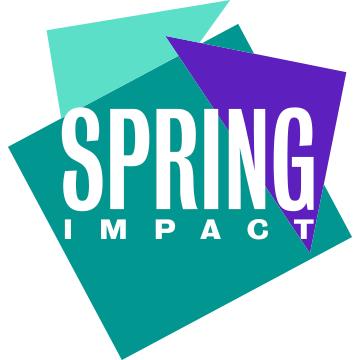Our process
1. Setting the strategic foundation
YLabs needed to define a clear, measurable scale goal grounded in national-level impact and in existing health system infrastructure. Together, we worked to:
- Articulate an audacious but focused aim: 80% of Rwandan youth aged 10–19 (about 2.2 million) having access to trusted health information, and 680,000 feeling confident to act on it.
- Develop a phased approach to scaling, with a first phase focusing on urban contexts with higher rates of internet connectivity and access and using the learnings and experience gained to expand access to rural contexts through the development of a low-tech solution during a second phase.
- Identify key metrics for phase 1: coverage of approximately 700 urban secondary schools, 75% school uptake, and 80% youth accessing services.
- Align scale ambition with national priorities, while ensuring the strategy preserved YLabs’ focus on equity and youth agency.
Building this strategic foundation created clarity and alignment. Everyone knew what success looked like, and what would need to change to get there.
2. Defining a delivery model that maintains quality
We supported YLabs to explore which aspects of CyberRwanda’s implementation model were essential for impact, and which could adapt to enable scale. Together, we:
- Identified the school system as the core delivery channel, with youth centres, NGO partners and health workers as key stakeholders.
- Clarified the role of digital access, mental health integration, and fidelity support mechanisms.
- Developed guidance on how to identify and support the right partners with delivery while preserving core programme integrity.
This helped YLabs make confident trade-offs between reach and quality, and build a strategy grounded in reality.
3. Exploring financial readiness and partnerships at scale
To move from successful pilot to national reach, YLabs needed to understand the financial realities of scaling CyberRwanda through partners.
Together, we shifted from an initial focus on progressing to government-led delivery to a more viable model: scaling through large, well-established NGOs and the existing Youth Centres infrastructure in Rwanda.
- We co-developed a cost calculator to estimate the financial implications of supporting different types of partners —from setting up the partnership, to YLabs providing ongoing support to partners.
- Crucially, this model assumed that these partners could cover their own implementation costs, reducing YLabs’ financial burden. In contrast, early exploration indicated that Youth Centres would likely require direct financial support from YLabs, making them a more resource-intensive option.
This work helped surface key trade-offs and inform future partnership decisions. It grounded YLabs’ scale strategy in financial reality and equipped them with a compelling value proposition to bring high-quality NGO partners on board.
4. Identifying assumptions and designed lean tests
Rather than launching prematurely into implementation, YLabs adopted a lean approach to identify and interrogate the riskiest assumptions in their model, such as partner readiness, digital access, and school engagement.
By validating assumptions upfront, YLabs avoided costly missteps and built a more robust and adaptable pathway to scale.
5. Mapping a path forward for national scale
The final phase focused on crystallising the next steps for turning their vision into reality.
- Developed a high-level roadmap with next steps, timelines, and roles.
- Designed a plan for continued testing and refinement, especially for delivery support tools and digital inclusion strategies.
This equipped YLabs with a practical, phased pathway they could act on immediately.

